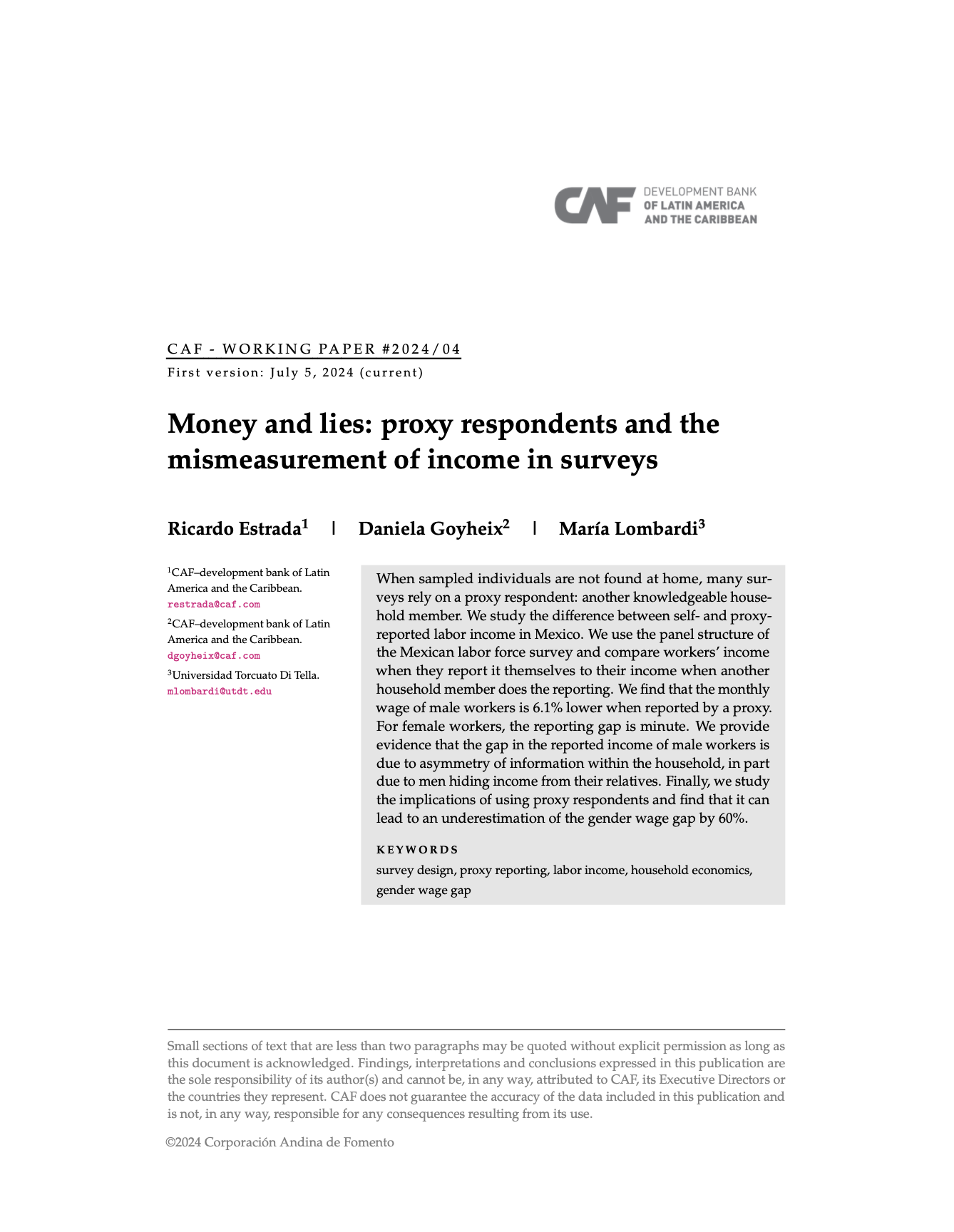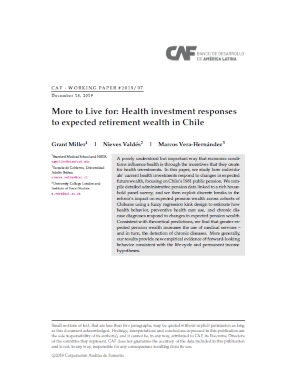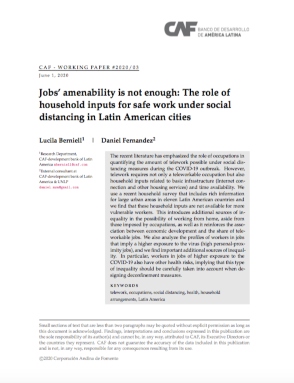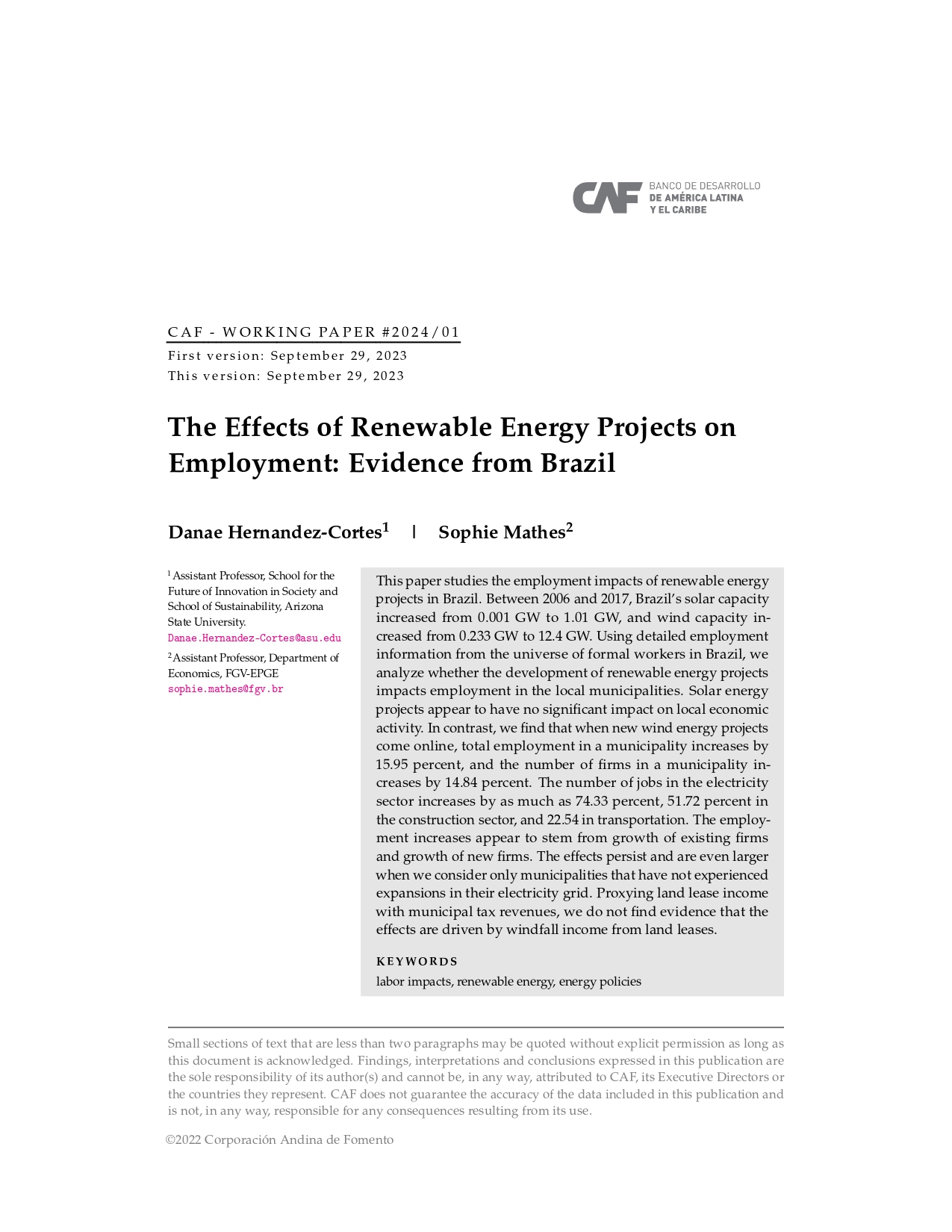Money and lies: proxy respondents and the mismeasurement of income in surveys
Resumo
When sampled individuals are not found at home, many surveys rely on a proxy respondent: another knowledgeable household member. We study the difference between self- and proxy-reported labor income in Mexico. We use the panel structure of the Mexican labor force survey and compare workers' income when they report it themselves to their income when another household member does the reporting. We find that the monthly wage of male workers is 6.1% lower when reported by a proxy. For female workers, the reporting gap is minute. We provide evidence that the gap in the reported income of male workers is due to asymmetry of information within the household, in part due to men hiding income from their relatives. Finally, we study the implications of using proxy respondents and find that it can lead to an underestimation of the gender wage gap by 60%.
En otros idiomas
Assunto
País / Región
Data
2024-07-08Cite esta publicação
Item que pertence à coleção

Items Relacionados
More to Live for: Health Investment Responses to Expected Retirement Wealth in Chile
A poorly understood but important way that economic conditions influence health is through the incentives that they create for health investments. In ...
Jobs’ amenability is not enough: The role of household inputs for safe work under social distancing in Latin American cities
The recent literature has emphasized the role of occupations in quantifying the amount of telework possible under social distancing measures during the ...
The Effects of Renewable Energy Projects on Employment: Evidence from Brazil
This paper studies the employment impacts of renewable energy projects in Brazil. Between 2006 and 2017, Brazil’s solar capacity increased from 0.001 ...





